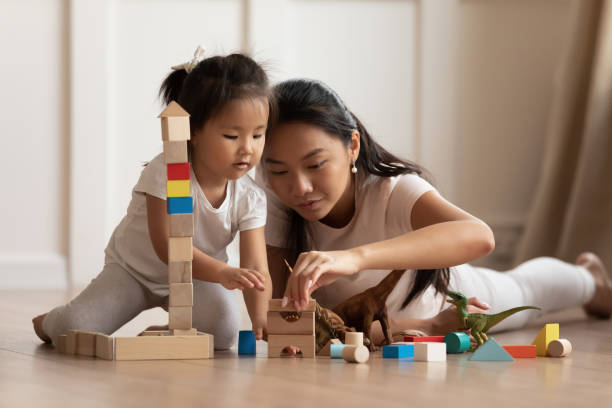Teaching toddlers is a journey filled with joy, curiosity, and remarkable milestones. As parents and educators, we often wonder when is the best time to start this educational journey. While there's no one-size-fits-all answer, research and expert opinions suggest that the early years are critical for laying the foundation for lifelong learning. Let's explore the best age to start teaching toddlers and the most effective ways to nurture their budding intellects.
The Importance of Early Learning
The first few years of a child's life are incredibly formative. During this period, their brains are developing at an astonishing rate, making it the perfect time to introduce various learning activities. According to the Center on the Developing Child at Harvard University, early experiences affect the development of brain architecture, which provides the foundation for all future learning, behavior, and health.

The Optimal Age to Start Teaching
While informal learning begins from birth through interaction with parents and the environment, more structured teaching can start as early as 18 months. At this age, toddlers begin to develop key skills such as language, social interaction, and problem-solving abilities. However, it's essential to tailor teaching methods to the child's developmental stage and individual needs.
1. 0-12 Months: Sensory Exploration
In the first year of life, babies are like little scientists, constantly exploring and learning from their environment. At this stage, teaching revolves around sensory experiences. Activities that involve touch, sound, sight, and movement are crucial. Simple actions like talking to your baby, reading aloud, and playing with textured toys can stimulate their senses and promote cognitive development.

2. 12-24 Months: Language and Social Skills
Between the ages of one and two, toddlers experience rapid growth in language and social skills. This is an excellent time to introduce activities that encourage communication, such as singing songs, reading picture books, and engaging in simple conversations. Social interactions with peers and adults also play a significant role in their learning process. Playdates and group activities can help develop their social skills and emotional intelligence.

3. 24-36 Months: Structured Learning and Play
By the age of two, toddlers are ready for more structured learning experiences. At this stage, their attention span is increasing, and they can follow simple instructions. Activities like puzzles, sorting games, and building blocks can enhance their cognitive abilities. Introducing concepts like colors, shapes, and numbers through playful activities can make learning enjoyable and effective.

Tips for Teaching Toddlers
Be Patient and Encouraging: Every child learns at their own pace. Offer praise and encouragement to build their confidence and enthusiasm for learning.

Create a Stimulating Environment: Surround your toddler with age-appropriate toys, books, and educational materials that stimulate their curiosity.

Follow Their Interests: Pay attention to what your child is interested in and incorporate those interests into learning activities.

Keep It Simple: Short, simple activities are best for toddlers, as their attention span is limited. Gradually increase the complexity as they grow older.

Make Learning Fun: Toddlers learn best through play. Incorporate educational activities into their playtime to keep them engaged and motivated.

